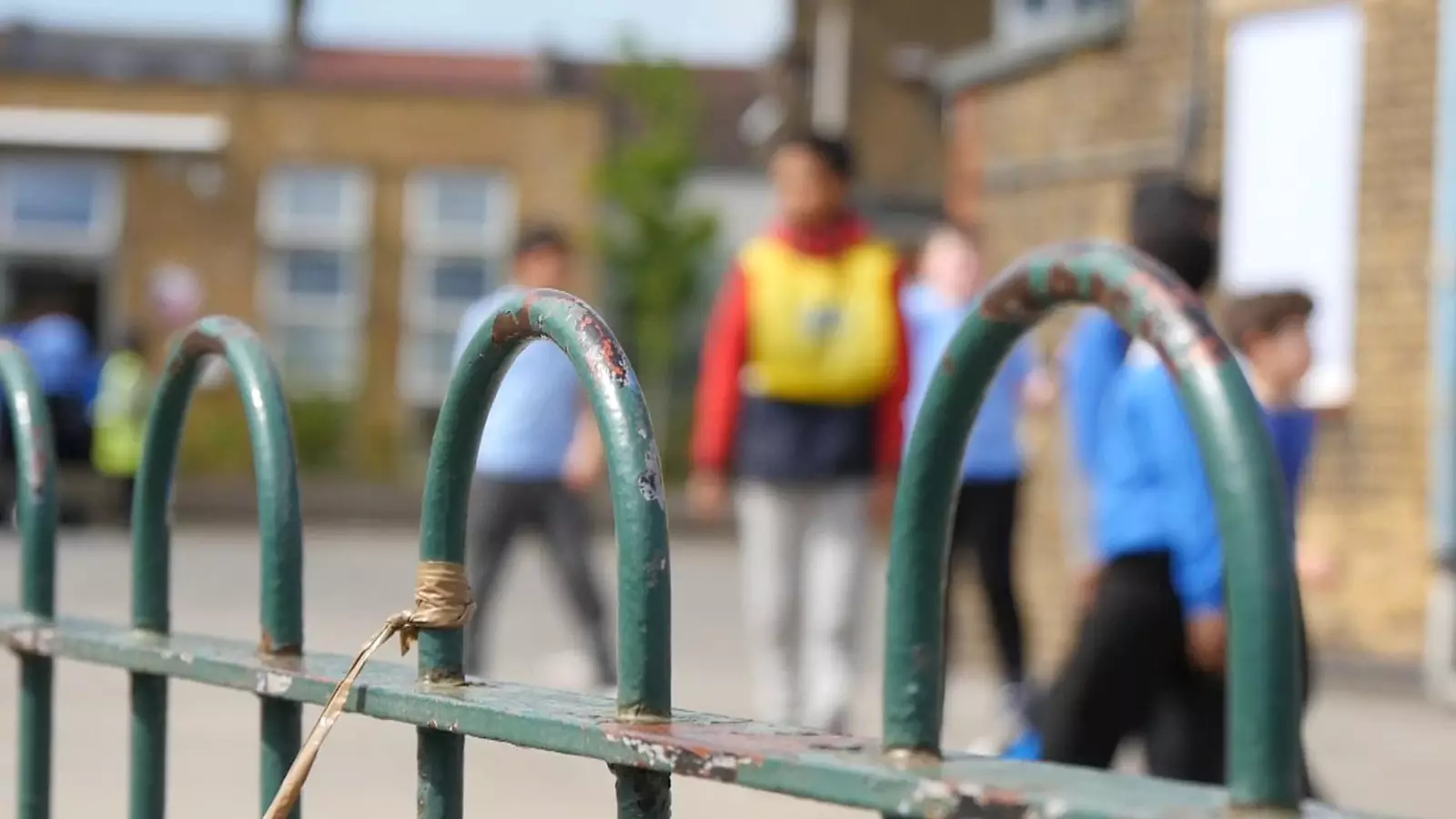Research conducted by the charity Chance UK reveals that the majority of children excluded from primary school fail to pass their GCSEs in English and Maths. The study, which tracked 3.2 million pupils in England, found that 97% of those excluded had a special educational need or disability. This statistic sheds light on the challenges faced by children with additional needs and the impact of exclusion on their educational outcomes.
Mary-Anne, whose son has ADHD, shared her experience of her son’s exclusion from primary school. Before his diagnosis, schools struggled to manage his behavior, leading to his permanent exclusion at the age of five. The school recommended sending him to a pupil referral unit, a decision Mary-Anne opposed. She highlighted the lack of understanding and support for her son’s needs, as teachers labeled him as “naughty” without considering the underlying reasons for his behavior.
While over 22,000 children aged six and under were excluded or suspended from primary schools in England in 2022, teaching unions have raised concerns about the worsening behavior in classrooms post-pandemic. Teachers are finding it challenging to manage disruptive behaviors, making exclusions a last resort in extreme circumstances. The average primary school excludes one child every 17 years, emphasizing the rarity of such actions.
To address the behavioral and emotional difficulties faced by excluded children, Chance UK provides mentorship programs to support their social and academic development. By matching students with mentors, the charity aims to bridge the gap in specialized support within primary schools. Calling for additional funding for such programs, Chance UK emphasizes the importance of early intervention and tailored assistance for children at risk of exclusion.
The long-term impact of exclusion on primary school children’s educational journey is significant, with implications for their future academic success. Understanding the needs of children with disabilities, providing adequate support in schools, and implementing alternative interventions can help prevent exclusions and support the holistic development of all students. By investing in specialist programs and prioritizing early intervention, we can create a more inclusive educational environment for every child.


Leave a Reply